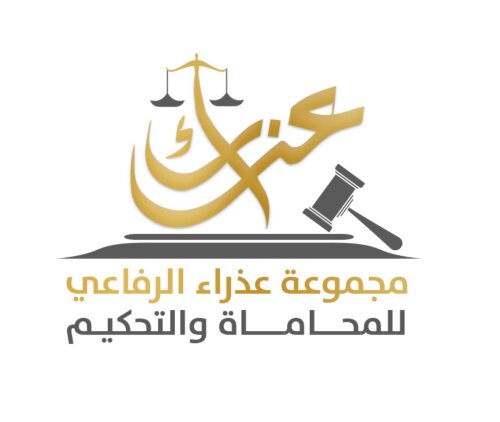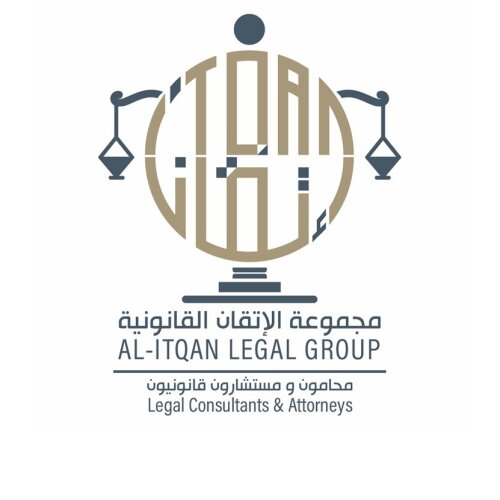Best Restructuring & Insolvency Lawyers in Kuwait
Share your needs with us, get contacted by law firms.
Free. Takes 2 min.
Or refine your search by selecting a city:
List of the best lawyers in Kuwait
About Restructuring & Insolvency Law in Kuwait
Restructuring and insolvency law in Kuwait provides legal frameworks for distressed businesses and individuals facing financial difficulties. The aim of these laws is to protect creditors, allow debtors to reorganize, and provide orderly solutions for resolving insolvency. In recent years, Kuwait has updated its insolvency regime to align with international best practices, focusing on rehabilitation rather than liquidation. Whether you are a business owner, financial institution, or creditor, understanding these regulations is key to managing and resolving financial distress effectively in Kuwait.
Why You May Need a Lawyer
Individuals and businesses may need a lawyer specialized in restructuring and insolvency for several reasons. Common situations include:
- Facing significant or unsustainable debts that cannot be repaid on time
- Receiving legal notices from creditors or being sued for unpaid debts
- Threat of asset seizure, bankruptcy, or liquidation of your business
- Needing to negotiate with multiple creditors for restructuring debts
- Unsure how to file for insolvency or restructure under local laws
- Unclear about your rights, obligations, and potential protections under Kuwaiti law
- Involvement in cross-border insolvency cases with assets or liabilities outside Kuwait
Local Laws Overview
Kuwait’s restructuring and insolvency regime is governed primarily by Law No. 71 of 2020 Regarding Bankruptcy. Key aspects of the law include:
- Provision for preventive settlement, restructuring, and bankruptcy proceedings
- Appointment of specialized bankruptcy courts and trustees
- Automatic suspension of claims against debtors during restructuring and bankruptcy proceedings
- Possible introduction of restructuring plans approved by creditors
- Protection for honest debtors seeking to rehabilitate businesses
- Clear procedures for asset management and claims distribution
- Rules addressing both corporate entities and individuals
- Recognition of certain cross-border insolvency issues
Frequently Asked Questions
What is the difference between restructuring and bankruptcy in Kuwait?
Restructuring involves reorganizing a business’s debts and operations to restore financial stability. Bankruptcy, on the other hand, is a formal legal process where a debtor’s assets are liquidated to pay creditors if restructuring fails or is not possible.
Who can apply for restructuring or bankruptcy in Kuwait?
Both individuals and businesses facing financial distress can apply for restructuring or bankruptcy under Law No. 71 of 2020. Creditors may also initiate bankruptcy proceedings against a debtor under certain conditions.
What are the main steps in a restructuring process?
The process typically involves submitting an application for restructuring, appointment of a trustee or expert, assessment of the debtor’s financial status, presentation of a restructuring plan, creditor voting, and court approval.
How long do restructuring or bankruptcy proceedings take?
Timelines can vary depending on the complexity of the case. Restructuring plans usually have specific deadlines, while bankruptcy liquidation can take months or even years, especially if there are disputes among creditors.
Are there protections for debtors during restructuring?
Yes, filing for restructuring or bankruptcy usually triggers an automatic stay, which temporarily suspends actions by creditors to collect debts, seize assets, or pursue lawsuits during the proceedings.
What happens to employees if a company goes through bankruptcy?
Employees’ rights are protected under Kuwaiti labor laws, and they are usually considered priority creditors for unpaid wages and related claims during bankruptcy distribution.
Are foreign creditors recognized in Kuwaiti insolvency cases?
Foreign creditors are recognized, and the law provides certain mechanisms for dealing with cross-border insolvency. International cooperation and recognition of foreign judgments may also apply in some cases.
Can directors or business owners be personally liable?
Directors or business owners may be held personally liable for losses resulting from misconduct, fraud, or failure to fulfill legal obligations in accordance with the insolvency law.
Is it possible to recover from insolvency without liquidating the business?
Yes, the law encourages rehabilitation and restructuring to give viable businesses a chance to recover, continue operations, and pay creditors over time rather than immediate liquidation.
What documents are needed to start restructuring or bankruptcy?
Typically, applicants must provide detailed financial statements, debt listings, information on creditors, business plans, and any other relevant documentation supporting the need for restructuring or bankruptcy.
Additional Resources
If you need more guidance or wish to explore official information, the following resources can be helpful:
- Kuwait Ministry of Justice - Bankruptcy Courts Division
- Kuwait Chamber of Commerce and Industry - Legal Affairs Department
- Kuwait Bar Association
- Central Bank of Kuwait (for financial institutions)
- Registered insolvency trustees and licensed lawyers specializing in bankruptcy
Next Steps
If you are facing financial difficulties or believe you may need to pursue restructuring or insolvency in Kuwait, consider the following steps:
- Assess your financial situation and gather relevant documentation
- Consult with a lawyer experienced in Kuwaiti restructuring and insolvency law for tailored legal advice
- Understand your rights, responsibilities, and the available legal options
- Act promptly to meet all legal requirements and maximize available protections
- Stay in communication with creditors, trustees, and any appointed legal representatives throughout the process
Lawzana helps you find the best lawyers and law firms in Kuwait through a curated and pre-screened list of qualified legal professionals. Our platform offers rankings and detailed profiles of attorneys and law firms, allowing you to compare based on practice areas, including Restructuring & Insolvency, experience, and client feedback.
Each profile includes a description of the firm's areas of practice, client reviews, team members and partners, year of establishment, spoken languages, office locations, contact information, social media presence, and any published articles or resources. Most firms on our platform speak English and are experienced in both local and international legal matters.
Get a quote from top-rated law firms in Kuwait — quickly, securely, and without unnecessary hassle.
Disclaimer:
The information provided on this page is for general informational purposes only and does not constitute legal advice. While we strive to ensure the accuracy and relevance of the content, legal information may change over time, and interpretations of the law can vary. You should always consult with a qualified legal professional for advice specific to your situation.
We disclaim all liability for actions taken or not taken based on the content of this page. If you believe any information is incorrect or outdated, please contact us, and we will review and update it where appropriate.
Browse restructuring & insolvency law firms by city in Kuwait
Refine your search by selecting a city.















